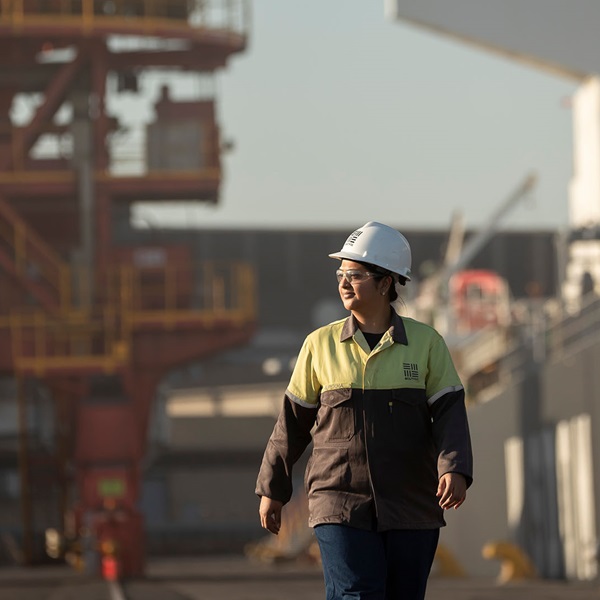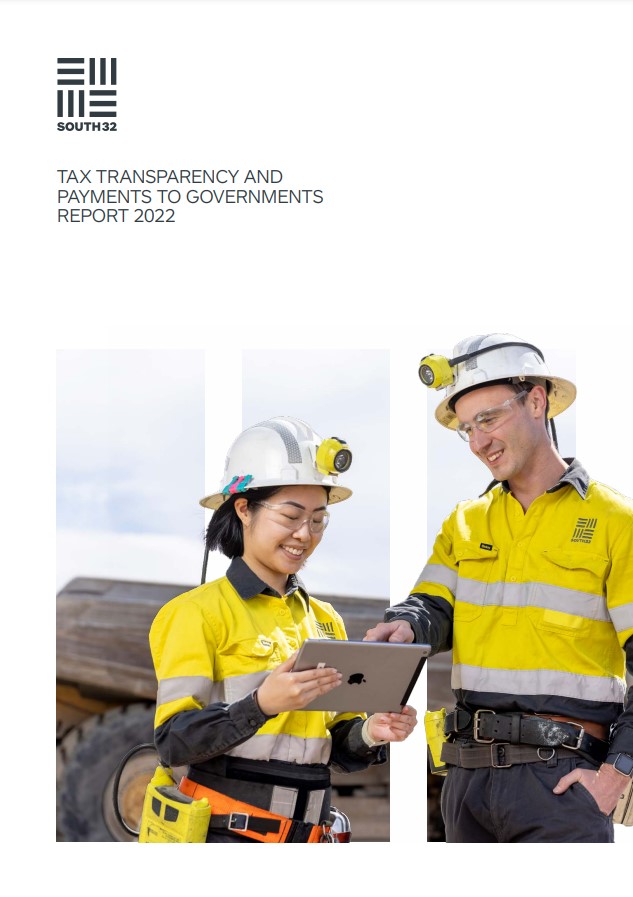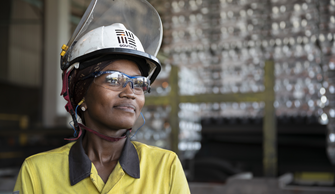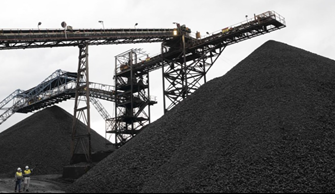
We seek to apply responsible business practices throughout our value chain by sourcing responsibly and enhancing product stewardship.
Our aim is to build strong, mutually beneficial relationships with stakeholders and to work with suppliers and customers whose values and conduct align with ours.





